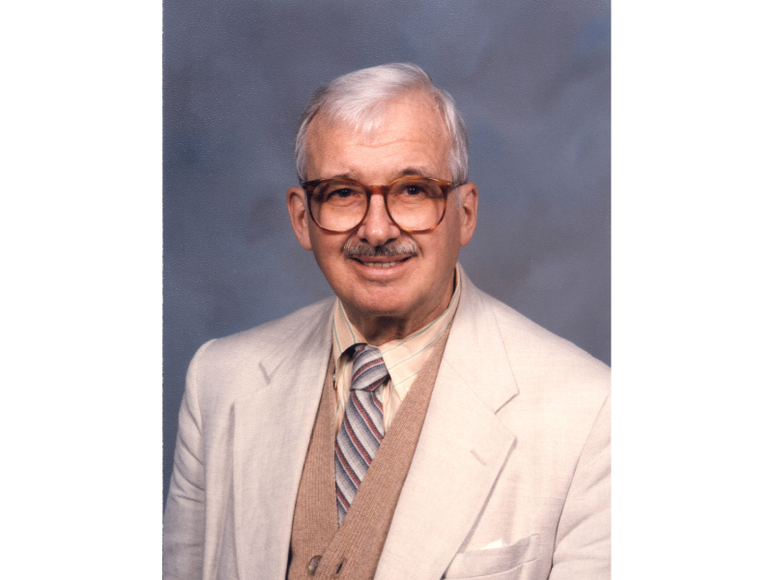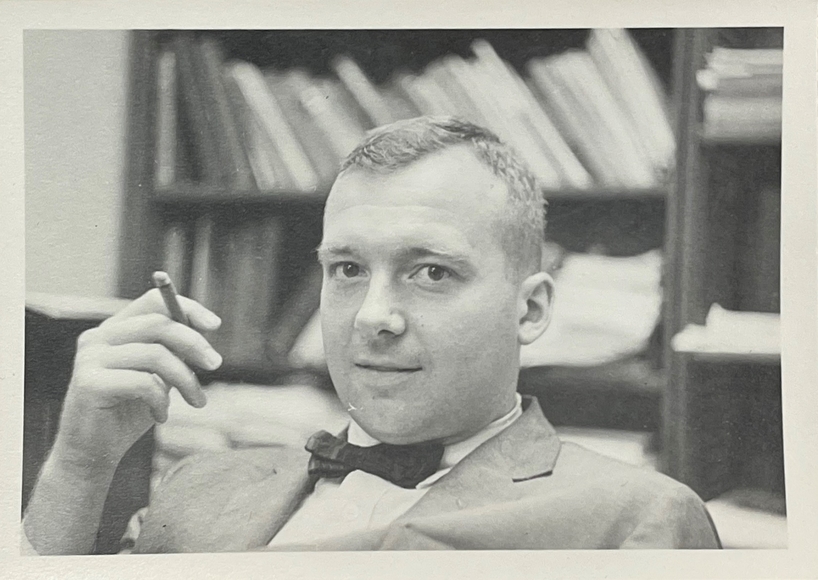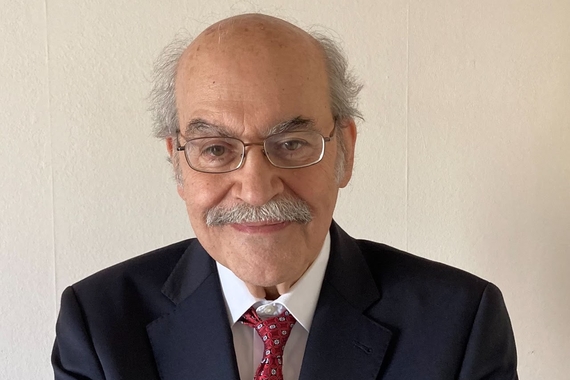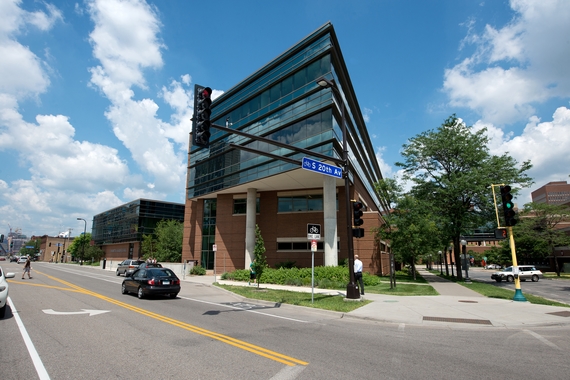John S. Chipman, 1926-2022

We honor the life of Regents' Professor John S. Chipman (emeritus since 2007), who we have learned passed away in 2022. We express our condolences to his wife Margaret and his family.
John Chipman was a major figure in the economics profession, whose innovative work has had long-lasting impact as well as a major figure within the University and in our department. We have asked his long-time colleague Ed Foster to prepare a statement on behalf of our department that we provide below. Over his distinguished career, he was honored in many ways, including being elected to the National Academy of Sciences in 1993, and having an endowed graduate fellowship established in his name in 2007. We gather together a selection of these many honors and tributes at this special John S. Chipman Timeline web page. Beyond all of his honors, we remember him for the way his work was so far ahead of its time and for the passion he brought to his scholarship. This passion and devotion to his work continue to inspire us today.
A Gentleman and a Scholar
by Edward Foster, professor emeritus, Department of Economics
That term dates back at least to seventeenth-century England [1]; it comes to mind when I think of Regents' Professor Emeritus John S. Chipman. The son of a Canadian diplomat, his public persona was reserved, formal; Paul Samuelson once asked, "What is Sir John up to these days?" But his credentials as a gentleman paled beside his credentials as a scholar.
His curriculum vitae [2] shows that Professor Chipman was, to the depths of his being, a scholar—one whose research extended to econometric theory, trade theory, economic theory—especially welfare economics, and the history of economic thought; 146 articles and books, plus assorted lesser publications. Retirement in 2007 did not slow his research; his 2014 bibliography lists 14 publications after his 2007 retirement. When physical disability limited his driving, his wife Margaret would drive him to his University office in the morning, with a stack of books, then return to drive him home in the afternoon, again with a stack of books to continue work in the evening. Nor was his scholarship limited to economics: the Chipmans for many years had season tickets to the Minnesota Orchestra, where John followed the orchestral score from his seat in the first balcony as he listened to the music.
And his work was honored: Elected fellow of the Econometric Society, the American Statistical Association, the American Academy of Arts and Sciences, the American Association for the Advancement of Science; distinguished fellow of the American Economic Association; elected member of the National Academy of Sciences, the International Statistical Institute, the History of Economic Thought section of the German Economic Association, and the American Philosophical Association, plus honorary degrees, distinguished lectureships and other awards—and we should note the honor bestowed by his academic title from 1981 to his 2007 retirement: Regents professor. That title may be held by at most 30 of the more than 1,300 tenured faculty of the university, voted by the University Regents based on a rigorous nomination procedure that assesses the quality of research, teaching, and service to the profession and the university, with emphasis on evaluation of the nominee's international reputation for the quality of his or her work. The Department of Economics has received four such awards since they were established in 1965, fewer than the Nobel Prizes received by current and former department members over the same period.
Some of his voluntary appointments plunged Professor Chipman into policy issues far outside areas of his customary academic research: He served on committees of the National Academy of Sciences and the National Research Council addressing congestion pricing for transportation; the supply of high-purity chromium for the construction of gas turbines; priorities to improve the Federal government's compilation of transportation statistics; sustaining marine fisheries; hardrock mining on Federal lands; the fuel tax and alternatives for transportation funding; nominations for a prize for behavioral research relevant to prevention of nuclear war. This work was in addition to normal academic responsibilities: Editorial appointments to professional journals; advisor or other supervisor of Ph.D. thesis research for 34 graduate students; university committee assignments regarding faculty and administrative appointments, promotion and tenure within the College of Liberal Arts, the structure of the University's faculty retirement program.
As for any faculty member, teaching was an important part of Professor Chipman's contribution to the University. Supervising graduate students' research was an important component, but so was the presentation of courses in his areas of interest. Most of those courses were intended for graduate students in economics and related fields, but in his case several younger faculty members also benefited from his lectures, either studying his lecture notes (I profited from study of his notes on econometrics and the theory of economic growth) or attending his lectures.
The profession of economics, the University of Minnesota, and its economics department were all improved by the contributions of this remarkable gentleman and scholar.
________________________________________________________________________
[1] Google claims that the first appearance in print was in George Peele, Merrie Conceited Jests, 1607.
[2] http://users.econ.umn.edu/~jchipman/jsc-cv.pdf, dated October 2014.



